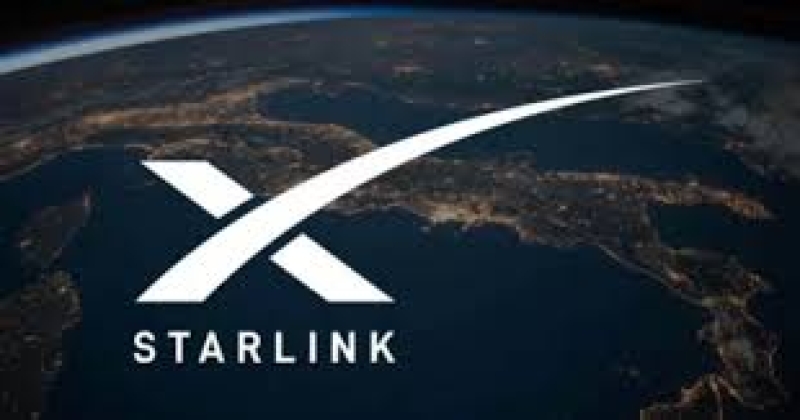- Depositors stranded as Sammilito Islami Bank is in liquidity crisis |
- BNP faces uphill task to reach seat-sharing deal with allies |
- Bangladesh rejects India’s advice; vows free, fair polls |
- Hadi’s condition very critical: Singapore Foreign Minister |
- Asia-Pacific hunger eases, Gaza pipeline fixed, Europe hit by flu |
CA approves Starlink’s license to operate in Bangladesh

Chief Adviser Professor Muhammad Yunus has officially approved the license for Starlink, the US-based satellite internet provider, to begin operations in Bangladesh, marking a significant step towards improving connectivity, especially in remote and underserved areas.
The Chief Adviser approved the license on Monday, said his Special Assistant Foyez Ahmed.
On April 7, Starlink applied to the BTRC for a licence to operate in the country under the regulatory framework titled ‘Guidelines for Non-Geostationary Orbit (NGSO) Satellite Services Operators in Bangladesh’.
On March 25, Chief Adviser Dr Muhammad Yunus directed the relevant authorities to ensure the commercial launch of Starlink’s satellite broadband internet service in Bangladesh within 90 days, reports UNB.
In accordance with this guideline, Starlink submitted a formal application along with the applicable fees and required documents.
A decision to issue the license was taken in principle during the 294th meeting of the commission on April 21.
Starlink becomes a new addition to Bangladesh’s internet landscape, marking the country as the second in South Asia—after Sri Lanka—to host services from the global satellite internet provider.
Foyez Ahmed, said Starlink's entry into Bangladesh was driven by public demand following repeated internet shutdowns by the autocratic Sheikh Hasina regime during the July uprising.
“The Chief Adviser also aimed to send a strong signal that Bangladesh is open for investment. Delivering uninterrupted, high-quality internet in remote haor regions, islands, hilly areas and disaster-prone coastal zones remains a key challenge. In areas where fiber connectivity is still absent, there is an urgent need for reliable internet,” he said.
On his own initiative, the Chief Adviser directly called SpaceX CEO Elon Musk and urged him to begin operations in Bangladesh within 90 days, he added.
He also pointed out that Bangladesh’s fiber network remains limited, with much of it lacking telecom-grade infrastructure.
“At least 65 percent of telecom towers are still not fiberised and rely on low-capacity microwave links. Our mobile network faces challenges in both coverage and capacity—especially for highway mobility. Starlink will help to bridge these gaps,” said Foyez.
Starlink's entry is expected to increase competition in the mobile and broadband internet markets, transitioning the industry from traditional voice-and-data bundles toward more digital service-centric offerings, he said.
“The service will pave the way for deregulation in the communications industry, enhance competition, and ensure seamless, high-speed internet—whether in urban or rural areas,” he added.

